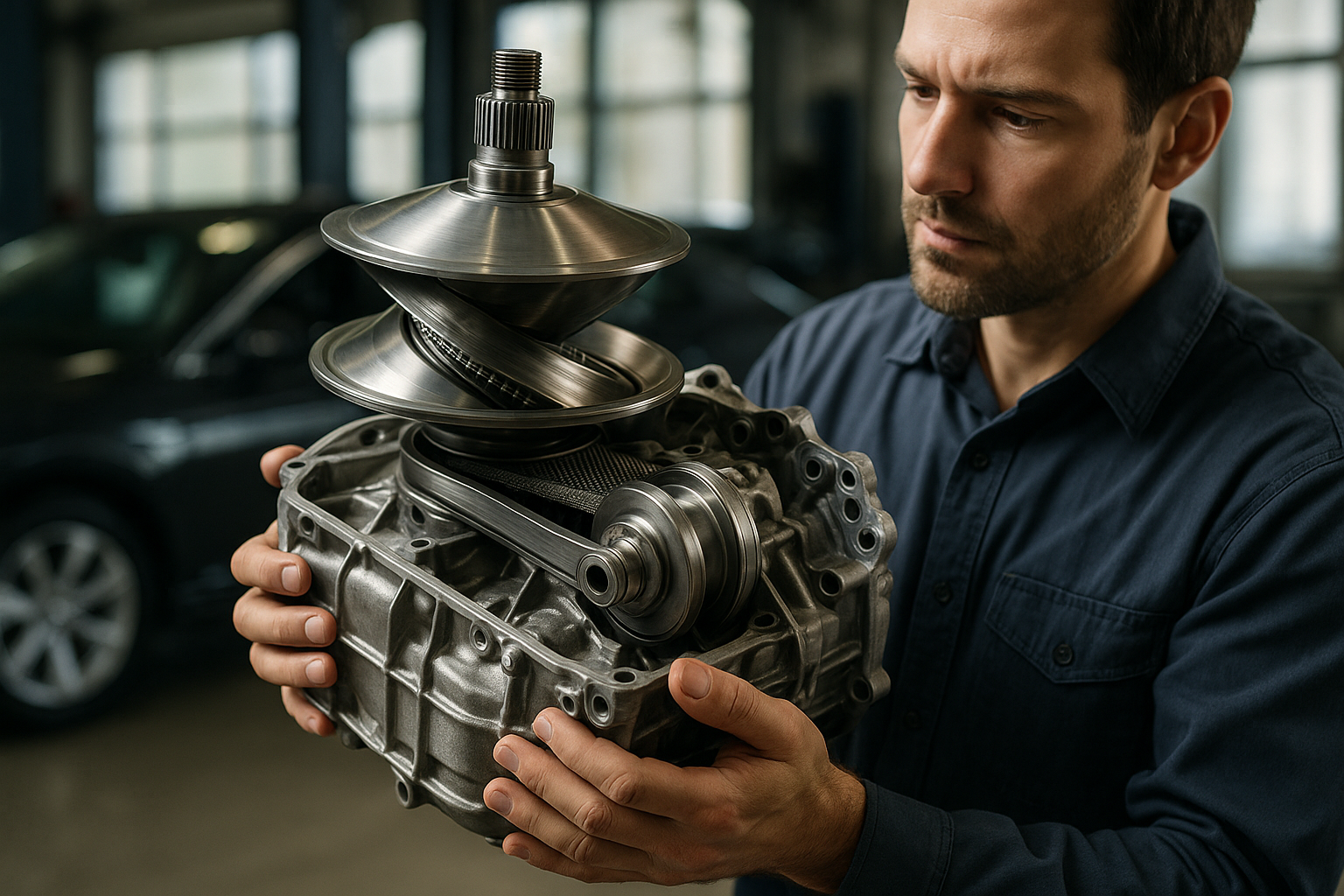Auto Glass Films: Complete Guide to Vehicle Protection
Enhance your vehicle’s comfort and style with professional car tinting services. From reducing glare to improving privacy, a range of options is available to suit different needs. Explore practical solutions that make driving more enjoyable while maintaining a polished look for your car.

What Is Professional Auto Window Tinting?
Professional auto window tinting involves applying specialized films to vehicle glass surfaces to reduce light transmission and heat penetration. These films consist of multiple layers, including adhesive, polyester, and various metallic or ceramic particles that determine the tint’s performance characteristics. Unlike DIY kits, professional installations ensure proper adhesion, bubble-free application, and compliance with local regulations.
The tinting process requires precise measurement, cutting, and installation techniques that professionals master through training and experience. Quality installations can last 10-15 years with proper care, making professional services a worthwhile investment for most vehicle owners.
Understanding Car Window Tint Installation Process
Car window tint installation begins with thorough cleaning of all glass surfaces to remove dirt, debris, and residue that could interfere with adhesion. Technicians then measure each window precisely and cut the film to match, accounting for curves and angles specific to each vehicle model.
The installation process involves applying a slip solution to both the glass and film, positioning the tint carefully, and using specialized tools to remove air bubbles and excess moisture. Professional installers work in controlled environments to prevent contamination and ensure optimal results.
Curing time varies depending on climate conditions and film type, typically requiring 3-7 days for complete adhesion. During this period, window operation should be limited to prevent film displacement or damage.
Automotive Window Tint Experts: Choosing Quality Service
Automotive window tint experts possess specialized knowledge about different film types, legal requirements, and installation techniques. Experienced professionals can recommend appropriate tint levels based on vehicle type, intended use, and local regulations.
Quality tint shops typically offer warranties ranging from 5 years to lifetime coverage, demonstrating confidence in their workmanship and materials. Reputable installers also provide detailed information about maintenance requirements and legal compliance in your area.
When selecting a tint expert, consider factors such as certification, customer reviews, warranty terms, and the quality of films offered. Established businesses often maintain relationships with premium film manufacturers, ensuring access to the latest technology and materials.
Types of Glass Films Available
Dyed films represent the most economical option, using color additives to reduce light transmission while providing basic heat rejection. These films typically cost less but may fade over time and offer limited infrared heat blocking capabilities.
Metallized films incorporate metallic particles that reflect heat and light more effectively than dyed options. However, these films can interfere with electronic devices like GPS systems and cell phones due to their metallic content.
Ceramic films utilize advanced nanotechnology to provide superior heat rejection without metallic interference. These premium films maintain consistent color and performance over time while allowing electronic signals to pass through unimpeded.
Carbon films offer excellent heat rejection and a matte finish that appeals to many vehicle owners. These films resist fading and provide good value for performance-conscious consumers seeking alternatives to ceramic options.
Legal Requirements and Film Regulations
Glass film regulations vary significantly by state and locality, with specific requirements for different window positions. Most jurisdictions allow darker films on rear windows while restricting front window darkness to ensure driver visibility and law enforcement safety.
Visible light transmission (VLT) percentages indicate how much light passes through filmed windows, with lower numbers representing darker films. Common legal limits range from 20% to 70% VLT depending on window position and local laws.
Some areas require specific certifications or labels indicating compliance with local regulations. Professional installers typically maintain current knowledge of applicable laws and can ensure installations meet legal requirements in your jurisdiction.
| Service Type | Provider Examples | Cost Estimation |
|---|---|---|
| Basic Dyed Film | Local Auto Shops | $150-300 |
| Metallized Film | Chain Retailers | $250-450 |
| Ceramic Film | Specialty Film Shops | $400-800 |
| Premium Ceramic | Authorized Dealers | $600-1200 |
Prices, rates, or cost estimates mentioned in this article are based on the latest available information but may change over time. Independent research is advised before making financial decisions.
Maintenance and Care for Glass Films
Proper maintenance extends the life of automotive films and preserves their appearance and performance. Avoid cleaning filmed windows for at least one week after installation to allow complete curing and adhesion.
Use ammonia-free cleaning products and soft cloths or rubber squeegees to prevent scratching or chemical damage to the film. Harsh chemicals and abrasive materials can cause premature failure or discoloration of protective films.
Regular inspection helps identify potential issues such as bubbling, peeling, or discoloration that may indicate installation problems or normal wear. Professional film shops can often repair minor issues under warranty coverage.
Automotive glass films provide lasting benefits when properly installed and maintained, enhancing comfort, privacy, and vehicle protection for years of reliable performance.




